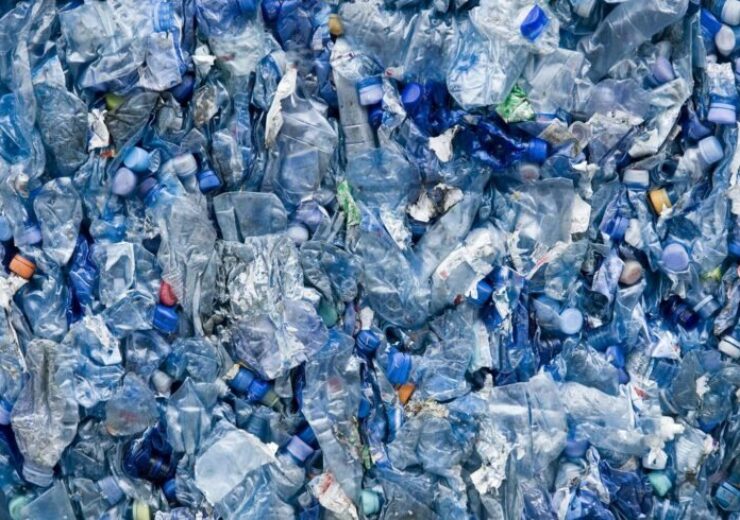The Smart Sustainable Plastic Packaging (SSPP) Challenge has today announced £30 million in funding for 18 groundbreaking collaborative projects

These projects support the achievement of the UK Plastics Pact (Credit: UKRI)
These projects support the achievement of the UK Plastics Pact and have the potential to alter the UK’s relationship with, and management of, plastic packaging.
The SSPP Challenge represents the largest government investment into sustainable plastic packaging and waste management.
The results of the two funding competitions announced today see five large-scale demonstrator projects and 13 business-led research and development projects benefit from this backing.
Each has demonstrated its value in addressing the need to transform the UK’s retail and packaging supply chains and support the development of more sustainable approaches to plastic packaging use.
Large-scale demonstrator projects
They are focused on three key packaging challenges reuse and refill, food grade polypropylene recycling, films and flexible packaging recycling.
Refillable packaging project
Unpackaged is leading a collaborative, cross-sector refillable packaging project including in-store and home delivery. Involving real world trials of a circular supply chain solution to scale up refill for in-store and online retail. It brings together not only major supermarkets Morrisons and Waitrose but also home delivery retailer Ocado and logistics experts CHEP, part of Brambles Ltd.
Return refill, repeat project
Beauty Kitchen’s major return refill, repeat project will deliver a major trial of a pre-filled and returnable packaging scheme for liquid products in partnership with RBC Group, experts in logistics & automated retail and environmental charity City to Sea.
Other demonstrator projects
The other demonstrator projects will explore technology solutions that have the potential to significantly increase and enhance the UK’s plastics recycling capacity in challenging recycling areas such as film and food grade polypropylene.
Business-led research and development projects
Compostable packaging
The research and development (R&D) projects include Tipa Corp UK’s research into the economic and environmental impact of mainstreaming compostable packaging. It will assess three established UK supply system models before developing consumer interventions and a protocol for quantifying these products at organic waste facilities.
Plant-based protein concept
Xampla’s use of a plant-based protein concept aims to address the rise in plastic sachet use linked to the growing trend for home food delivery and at-home meal kits. Working in partnership with Gusto and Britvic, the project is creating a pioneering polymer that will provide an edible and dissolvable drinks and ingredient sachet.
Flexible packaging design testing programme
The SSPP Challenge is also announcing a major collaboration and co-funding agreement with the Circular Economy for Flexible Packaging (CEFLEX) initiative. A collaboration of over 180 European companies, associations and organisations representing the entire value chain of flexible packaging.
Paul Davidson, Challenge Director for the SSPP Challenge, commented: The key to the design and development of this funding competition, along with fostering cross-supply chain collaboration, is to encourage and support ambition at a scale that matches the size of the plastic packaging problem.
If successful, these projects have the potential to rewrite the relationship we all have with plastic packaging.
Resources and Waste Minister Jo Churchill said: Plastic harms our environment and our wildlife, blighting our beaches, our streets and our rivers, which is why we want to eliminate all avoidable plastic waste by 2042.
The government’s £30 million investment targets innovative projects to create packaging that can be refilled, more easily recycled, and made of materials that are far more sustainable for our natural environment.
We must all do more to tackle problem plastics and, through our landmark Environment Act, we will create deposit return schemes for drinks containers and encourage more recyclable packaging so that we can go further to reduce, reuse and recycle more of our waste.
Source: Company Press Release
